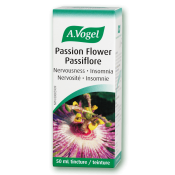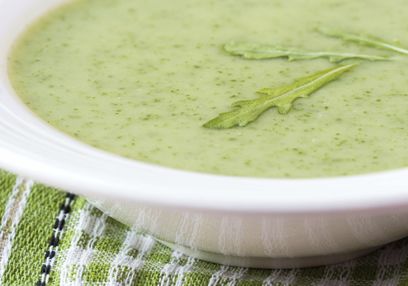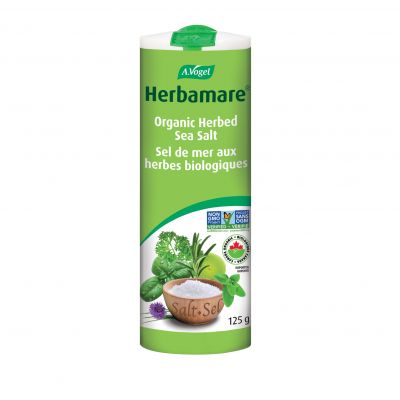What are hormones?
These chemicals are the messengers of the body, responsible for getting the signals from various glands and areas of the body to another in order to accomplish a task.
How do they influence emotions?
Hormones fall into the category of something known as the endocrine system which secretes these messengers directly into the blood stream. When they reach their destination, they act like a key fitting into the lock, or in this case a receptor, on some tissue. When the two bind, they cause a signal that informs that specific tissue what the body needs it to do at this time.
Some hormones have the ability to cross the barrier that separates circulating blood outside the brain, from that inside the brain. When certain hormones cross the blood brain barrier, they can influence areas of the brain
What are the main 'happy' hormones?
Dopamine – this agent is responsible for the happiness of reward and motivation to achieve and attain such rewards. When dopamine is low, both animals and humans alike tend to take the easy route to completing a task, but when high, the challenging route is motivating and leads to a greater sense of happiness upon completion.
Oxytocin – this is better known as the bonding hormone, especially in social scenarios and childbirth. When the baby is born, the skin-to-skin contact of mother and child promotes the connection of the newborn with their primary caregiver. The oxytocin also helps the placenta separate by increasing the strength of uterine contractions, protecting the mother in turn. In addition, oxytocin is responsible for strengthening the bond between partners in a romantic relationship. Those with higher levels of oxytocin over the past 24h perceived their partner with more gratitude and affection. Finally, interaction with your furry family members, be it dog or cat (we don't judge), has been shown to increase oxytocin levels in both the human and animal. This interaction also reduces the stress hormone cortisol.
Serotonin – this messenger is often related to a sense of purpose or belonging. Levels of reported happiness were positively correlated with the levels of serotonin circulating in the body, while levels of sadness were associated with a deficiency in the hormone. The other important function of serotonin is acting as the precursor to melatonin, the hormone that signals to the body that it's time to get some shut eye in addition to its potent antioxidant effects, of which research is uncovering more data each day.
GABA – this hormone contributes to a sense of calm by reducing the activity of neurons. This allows the body and mind to settle, reducing the perception of stress or anxiety and reducing muscle tone. This also has the benefit of helping with your sleep habits which are critical to a healthy balance of neurotransmitters and hormones.
Endorphins – these messengers are released to diminish the perception of pain, acting as analgesics which could be useful in situations where we need to keep going despite an injury. This can contribute to an overall sense of relaxation Currently, North America is witnessing the dark side of these messengers, resulting from the over prescription and overuse of opioid medications such as fentanyl.
What are some conditions that appear when these hormones are out of sync?
The conditions are limitless, but when these hormone levels deviate from healthy levels or patterns, mood disorders and psychiatric conditions often manifest.
Are there any ways to boost these?
1. Bright light therapy has been shown to influence the levels of serotonin, dopamine, endorphins, noradrenaline, and cortisol amongst others by helping to resynchronize the circadian rhythm of the body. This helps to encourage the release of these hormones at the appropriate times throughout the sleep-wake cycle. This therapy is often administered via a lamp, often for seasonal affective disorder (SAD), but the research shows their benefit goes beyond this single condition.
2. Diet is another avenue of increasing the levels of these happiness hormones. Serotonin is one that cannot be taken in through diet as this particular messenger can't cross the blood-brain-barrier. However, the molecule tryptophan is converted to serotonin and can cross the barrier, so foods high in tryptophan allow levels of serotonin to be boosted. It's important to discuss food options with your primary care provider as they can provide a more individualized list of foods that boost the levels of these hormones and take into account your metabolism, weight goals, and dietary restrictions.
3. Exercise is the ultimate non-pharmacological brain booster, boasting clear antidepressant and anxiolytic effects in addition to its countless other benefits. Exercise raises the levels of 'happy hormones' circulating through the body and can even alter the brain architecture to better regulate mood and help the body respond to stimuli appropriately.
This includes yoga which in itself, has been shown to boost levels of beta-endorphins that circulate through the body and reduce cortisol, leading to a sense of calm.
4. Managing our emotions can sometimes seem like a herculean task, but an herbal remedy formulated from the plant, Passiflora incarnata may help. In adults experiencing nervousness or anxiety, the plant better known as Passion Flower has been shown to increase the resistance to stress and overall quality of life. The patients in this study also showed improvements in areas such as restlessness, exhaustion, fear, lack of concentration, nausea, trembling, and palpitations.
References
https://www.ncbi.nlm.nih.gov/books/NBK27940/
https://www.ncbi.nlm.nih.gov/pmc/articles/PMC2077351/
https://www.ncbi.nlm.nih.gov/pmc/articles/PMC4449495/
https://www.ncbi.nlm.nih.gov/pmc/articles/PMC4759499/
https://www.ncbi.nlm.nih.gov/pmc/articles/PMC5645535/
https://www.ncbi.nlm.nih.gov/pmc/articles/PMC5716179/
https://www.ncbi.nlm.nih.gov/pmc/articles/PMC5734372/
https://www.ncbi.nlm.nih.gov/pmc/articles/PMC6048813/
https://www.ncbi.nlm.nih.gov/pubmed/23141060
https://www.ncbi.nlm.nih.gov/pubmed/25964984
https://www.ncbi.nlm.nih.gov/pubmed/28407638







